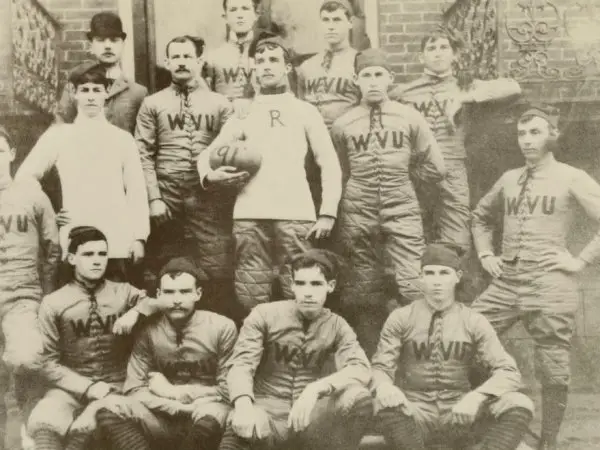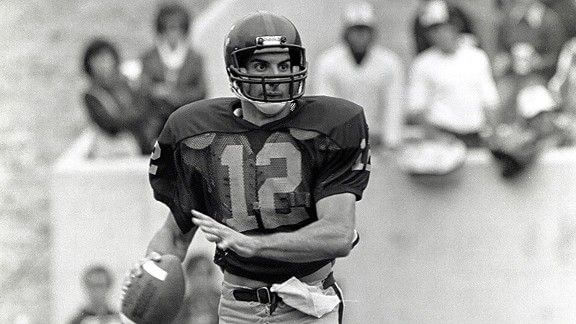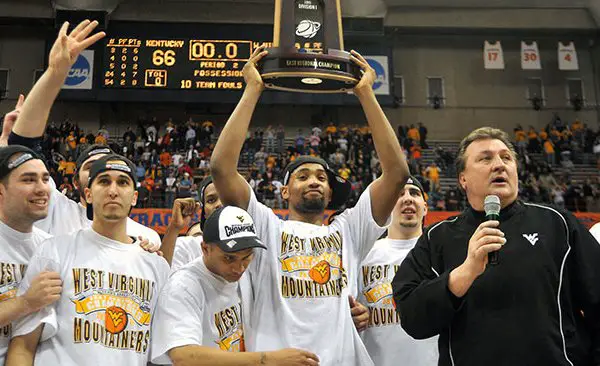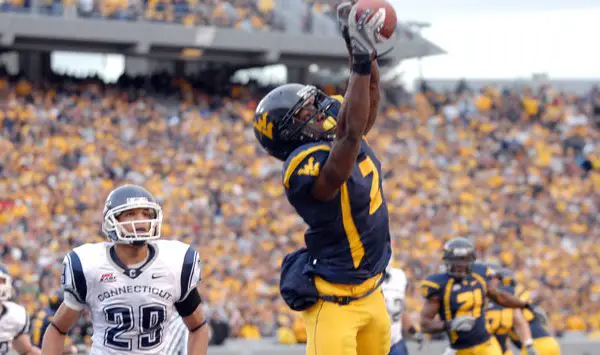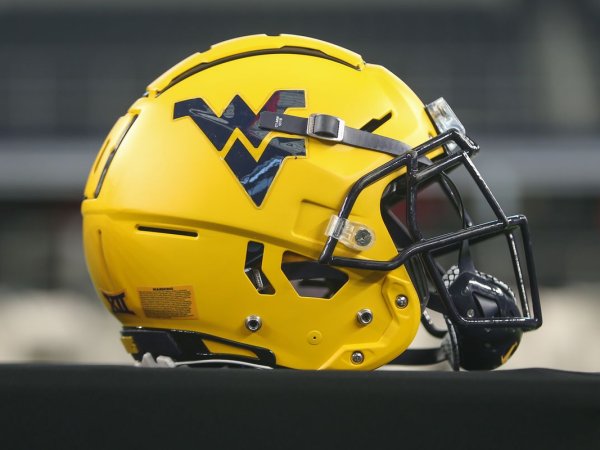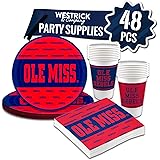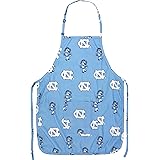
College Sports Established
1912
Location
Morgantown, West Virginia
College Name
West Virginia University
Collegiate History
1973 - Present / NCAA Division 1
1912 - 1973 / University Division of the NCAA
Conference History
2012 – Present / Big 12 Conference
1991 - 2012 / Big East Conference
Nickname
Mountaineers - The West Virginia Mountaineers have been a part of the NCAA for many years, and their nickname has become synonymous with college sports. But what is the origin of this iconic name?
The story begins in 1890 when West Virginia University was founded as an agricultural school. The students at WVU were known to be hardworking and determined, traits that earned them the nickname "Mountaineers." This name was inspired by the rugged terrain surrounding Morgantown, where WVU is located. It also reflects how these students had to work hard to climb mountains literally and metaphorically - just like mountaineers!
Over time this term became associated with more than academics; it eventually came to represent all aspects of student life at WVU – from athletics and clubs to spirit-filled game days. It wasn’t long before “Mountaineer” became adopted as an official team mascot for various sports teams across campus, including football in the 1930s, which remains today!
For any true fan or supporter of West Virginia Mountaineers, there's no denying that their unique moniker carries a lot of weight behind it – one steeped in history & pride representing not only those who attend but also every single individual who proudly calls themselves a 'Mountaineer'!
NCAA Championships
Baseball 0
Men's Basketball 0
Women's Basketball 0
Football 0
Soccer 0
- 1891
- 1960
- 1981
- 2003
- 2007
- 2012
-
Starting of West virginia football team
1891: The first football team is formed at West Virginia University, playing as an independent. -
West Virginia Great Jerry West
During Jerry West’s junior year (1958 – 1959), West scored 26.6 points per game and grabbed 12.3 rebounds per game. He tied the NCAA five-game tournament record of 160 points (32.0 points per game) and led all scorers and rebounders in every West Virginia game, including getting 28 points and 11 rebounds in a 71–70 loss to California in the ... -
Oliver Luck West Virginia All-American
In his junior season of 1980, Luck earned first-team Academic All-American honors. Luck’s 19 touchdown passes were a school record, while he also added 1,874 yards. As a senior in 1981, he led the Mountaineers to the Peach Bowl where they defeated the Florida Gators by a score of 26–6. Also named Academic All-American for the second consecutive season, Luck ... -
West Virginia Mountaineers basketball team wins Atlantic 10 Conference title
In 2003: The basketball team wins its second Atlantic 10 Conference title and reaches the NCAA Tournament for the first time since 1998. -
Big East Champs! WVU Dominates UConn
In 2007: The Mountaineers finished with 624 total yards, 517 coming on the ground. White continued his phenomenal play, carrying 16 times for 186 yards and two touchdowns while throwing for 107 yards and another score. Devine had his best outing in more than a month, carrying 11 times for 118 yards and a score. White and Slaton became just ... -
Mountaineers joined big 12
In 2012: The basketball team joins the Big 12 Conference as a full member, after leaving the Big East Conference.
To qualify as the greatest player for this team, the player must have played one season for this team. If not, we will remove the player.
* verifies that player has played for this team as an added player by a fan.
History of the Mountaineers
WVU has always played an essential role in shaping college athletics culture throughout its home state as one of only two Division I schools within West Virginia's borders. The university first fielded football teams in 1891 and quickly developed into a regional powerhouse by winning several conference championships over subsequent decades.
In 2011, WVU joined forces with Texas Christian University (TCU) to form what is now known as the Big 12 Conference—one of NCAA’s premier athletic conferences featuring some of America's top collegiate programs like Oklahoma State University, Kansas State University and Baylor University among others. In addition to competing at high levels nationally across all major sports, including basketball (men's & women's), baseball/softball, soccer (men's & women's), volleyball, and more, WVU also boasts numerous individual athletes who've gone on to compete for professionally or even Olympic glory such as NBA All-Star Jerry West or UWW world champion wrestler Kyle Snyder respectively!
Ultimately, though, its collective team successes make The Mountaineers so beloved amongst fans across not just their home state but around the country too! With multiple bowl game appearances since joining Big 12 and Final Four runs in both men’s basketball programs under Bob Huggins' tutelage, any fan should be proud to support this outstanding institution from Morgantown!

